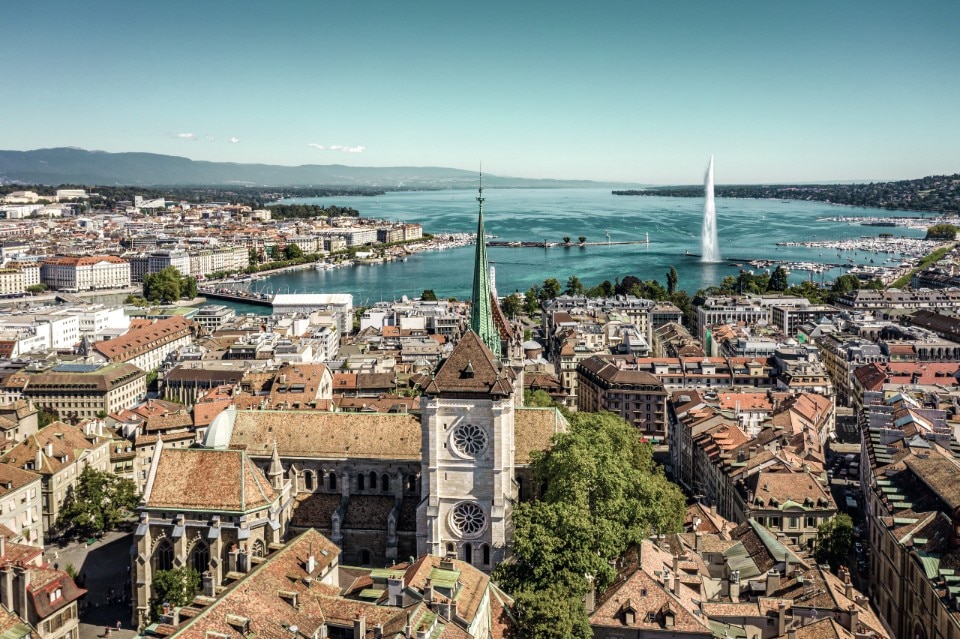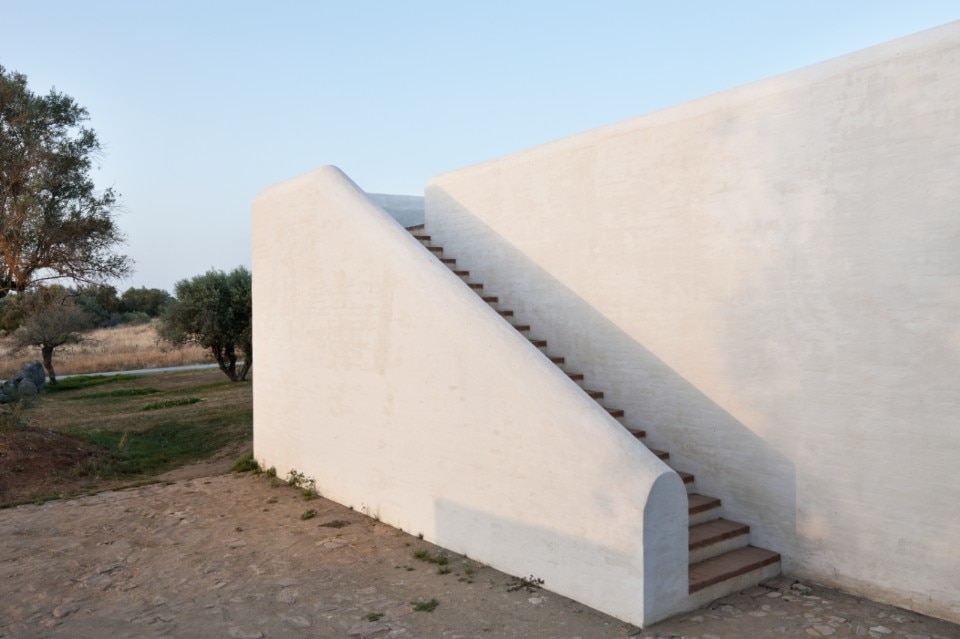The outcome? The various points of view – that of an investor (Renato Preti of Opera), a businessman (Ernesto Gismondi of Artemide), a manager of an adjacent sector such as fashion (Paolo Trento of Mandarina Duck) and two designers (Piero Lissoni and Enzo Mari) – ended up reflecting the two different but complementary sides of the same coin. That is, a new vision of growth is emerging that should not make us forget the importance of the dialogue between project culture, the ethics of long duration and the growth of business wealth.
Hopes (for the sector) are raised by the fact that investment companies such as Opera are interested in the world of design and that they encourage growth (“Investment in marketing is ineffective because too small”, says Preti who introduced “Private Equity” funds as a growth accelerator: their project is to invest in companies, make them grow, give them managers and then when they become successful pass them on).
A more cautious and realistic attitude is held by successful businessmen such as Ernesto Gismondi, who created a leading sectorial group - Artemide. His recipe for success? First, stability (continue doing what you are good at) and then in order to beat the competition try to control the whole process: brand, product, distribution rights and even raw materials. Without, of course, neglecting innovation – in product, material and technology.
What do the designers think of all this? “There is no good designer without a good businessman”, declares Piero Lissoni who stresses the importance of this “marriage”. In no half terms, Enzo Mari denounces the lack of technological research and bewails the total lack of project consistency on the part of the companies (“for 25 years companies have lacked a sense of production and offloaded the idea onto the designer”, he claims). He believes Lissoni’s marriage turned into a chaotic harem some time ago.

Discovering Montreux, Lausanne, and Geneva
From the Olympic Museum in Lausanne to the Science Gateway designed by Renzo Piano and the enchanting Christmas markets, Switzerland offers a perfect car-free escape filled with beauty, culture, and holiday magic.










